Cardinal's Conviction And Papal Conclave Voting Eligibility
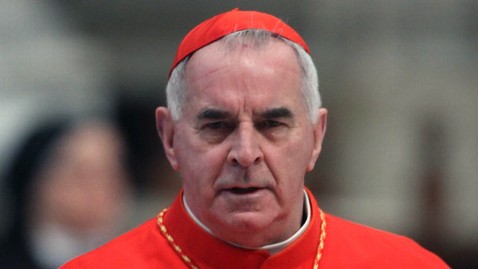
Table of Contents
Cardinal's Conviction and its Impact on Voting Eligibility
A cardinal's eligibility to vote in a Papal Conclave is not automatic. Canon law, the body of laws governing the Catholic Church, explicitly outlines circumstances that can disqualify a cardinal from participating. Understanding these provisions is crucial to comprehending Papal Conclave voting eligibility.
-
Canon Law and Conclave Participation: Canon law, specifically addressing the election of the Pope (often referencing specific canons), dictates the precise criteria for eligibility. Violation of these canons can lead to disqualification. These regulations aim to ensure the integrity and spiritual fitness of those electing the Supreme Pontiff.
-
Types of Crimes Leading to Ineligibility: Crimes that automatically disqualify a cardinal are those deemed to involve serious moral turpitude or actions directly contradicting Church doctrines. Examples might include serious financial impropriety, sexual abuse, or heresy. The gravity of the offense directly impacts eligibility.
-
Processes for Determining Ineligibility: Determining ineligibility involves a meticulous process. Church investigations are conducted, often with a degree of confidentiality, to assess the validity of accusations. This may involve external legal consultations if civil law is implicated.
-
Appeals and Challenges to Ineligibility: Cardinals deemed ineligible can, under specific conditions outlined in canon law, appeal the decision. This appeals process is internal to the Church's judicial system and subject to its own set of procedures.
Age Restrictions for Papal Conclave Voting
Age is another critical factor impacting Papal Conclave voting eligibility. A specific upper age limit, clearly defined in Church law, restricts participation.
-
Maximum Age Limit for Voting: Cardinals reaching a certain age (currently 80) are no longer eligible to participate in the Papal Conclave. This age limit is a significant aspect of Papal Conclave voting eligibility.
-
Rationale Behind the Age Limit: The age restriction is primarily based on preserving mental and physical sharpness. The rigorous demands of the conclave require sound judgment and the ability to engage in prolonged deliberations.
-
Exceptions to the Age Limit: While the age limit is strictly enforced, there are no known exceptions explicitly provided for in canon law. The clear definition aims to prevent ambiguity in the election process.
Other Factors Affecting Papal Conclave Voting Eligibility
Beyond criminal convictions and age, several other factors can influence a cardinal's participation in the conclave.
-
Resignation from the College of Cardinals: A cardinal who voluntarily resigns from the College of Cardinals forfeits their right to participate in future Papal Conclaves. This is a clear and unambiguous aspect of Papal Conclave voting eligibility.
-
Excommunication: Formal excommunication from the Catholic Church automatically disqualifies a cardinal from voting. This reflects the severe nature of excommunication and its impact on membership in the Church.
-
Other Canonical Impediments: Other, less common circumstances, defined within canon law, can also lead to ineligibility. These might involve specific canonical violations not directly related to criminal acts or age.
Understanding the Importance of Papal Conclave Voting Eligibility
The rigorous guidelines surrounding Papal Conclave voting eligibility are not merely bureaucratic. They are essential for upholding the sanctity and integrity of the papal election. They ensure that the selection of the Supreme Pontiff is a process of careful deliberation conducted by cardinals meeting specific criteria of fitness and moral standing. The clarity of the rules surrounding Papal Conclave voting eligibility is fundamental to the Church's governance.
Conclusion:
Understanding Papal Conclave voting eligibility is paramount for anyone seeking to fully comprehend the process of papal succession. This guide has outlined the key criteria—age limits, criminal convictions, and other canonical impediments—affecting a cardinal's ability to participate in this momentous event. By clarifying the regulations governing Papal Conclave voting eligibility, we enhance our understanding of this crucial element of the Catholic Church's governance. For more detailed information on Papal Conclave voting eligibility and related canon law, further research into Vatican resources and scholarly legal texts is recommended.

Featured Posts
-
 Pw C Us Partners Ordered To Sever Brokerage Ties Following Internal Investigation
Apr 29, 2025
Pw C Us Partners Ordered To Sever Brokerage Ties Following Internal Investigation
Apr 29, 2025 -
 Is This The New Quinoa Exploring The Latest Health Food Trend
Apr 29, 2025
Is This The New Quinoa Exploring The Latest Health Food Trend
Apr 29, 2025 -
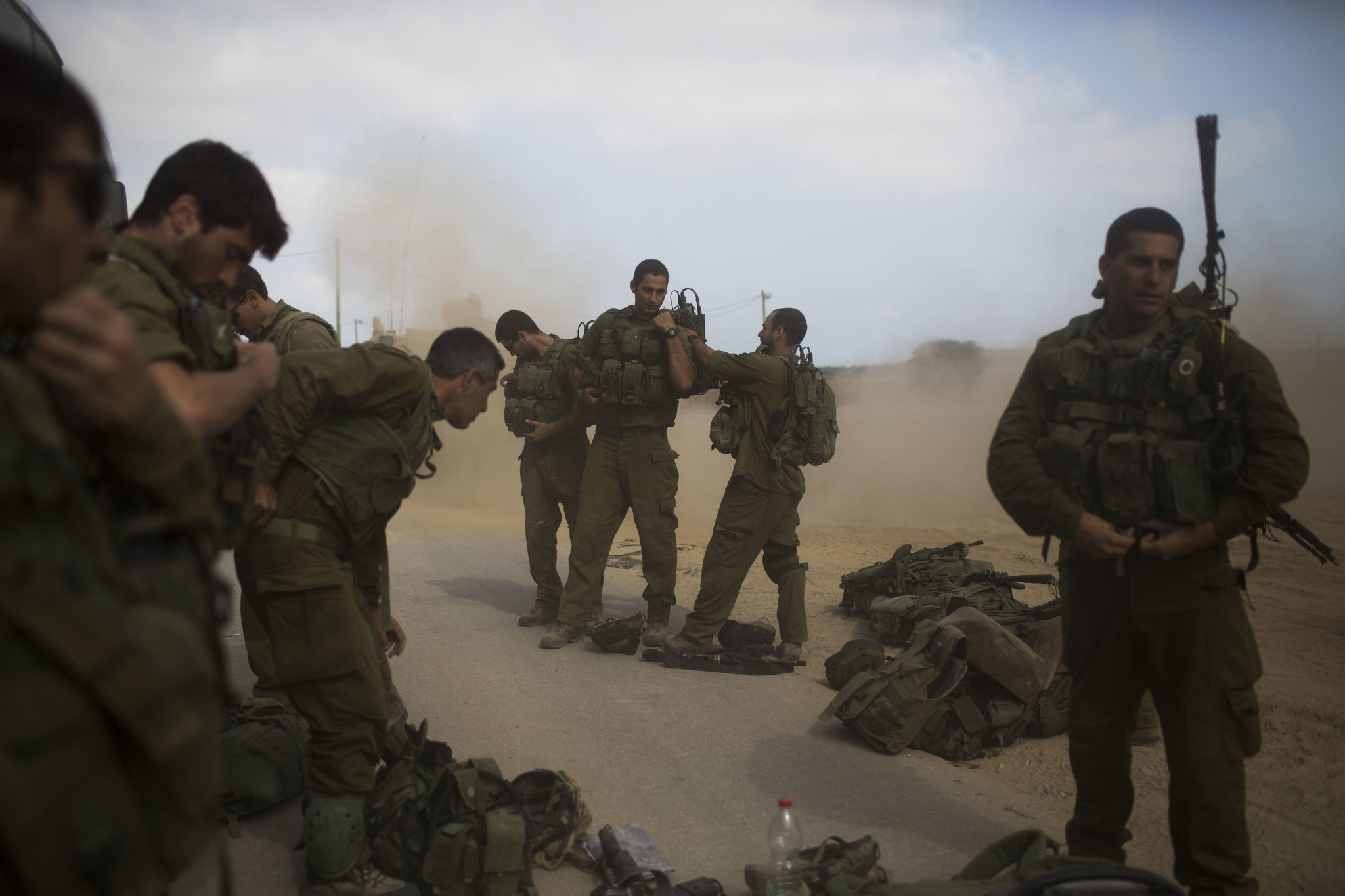 Gaza Crisis International Pressure Mounts On Israel To End Aid Blockade
Apr 29, 2025
Gaza Crisis International Pressure Mounts On Israel To End Aid Blockade
Apr 29, 2025 -
 Tylor Megills Mets Success A Statistical And Strategic Overview
Apr 29, 2025
Tylor Megills Mets Success A Statistical And Strategic Overview
Apr 29, 2025 -
 Bof As View Are High Stock Market Valuations Cause For Concern
Apr 29, 2025
Bof As View Are High Stock Market Valuations Cause For Concern
Apr 29, 2025
Latest Posts
-
 The Relationship Between Adhd Autism Spectrum Disorder And Intellectual Disability
Apr 29, 2025
The Relationship Between Adhd Autism Spectrum Disorder And Intellectual Disability
Apr 29, 2025 -
 Prevalence Of Adhd In Adults With Autism Spectrum Disorder And Intellectual Disability
Apr 29, 2025
Prevalence Of Adhd In Adults With Autism Spectrum Disorder And Intellectual Disability
Apr 29, 2025 -
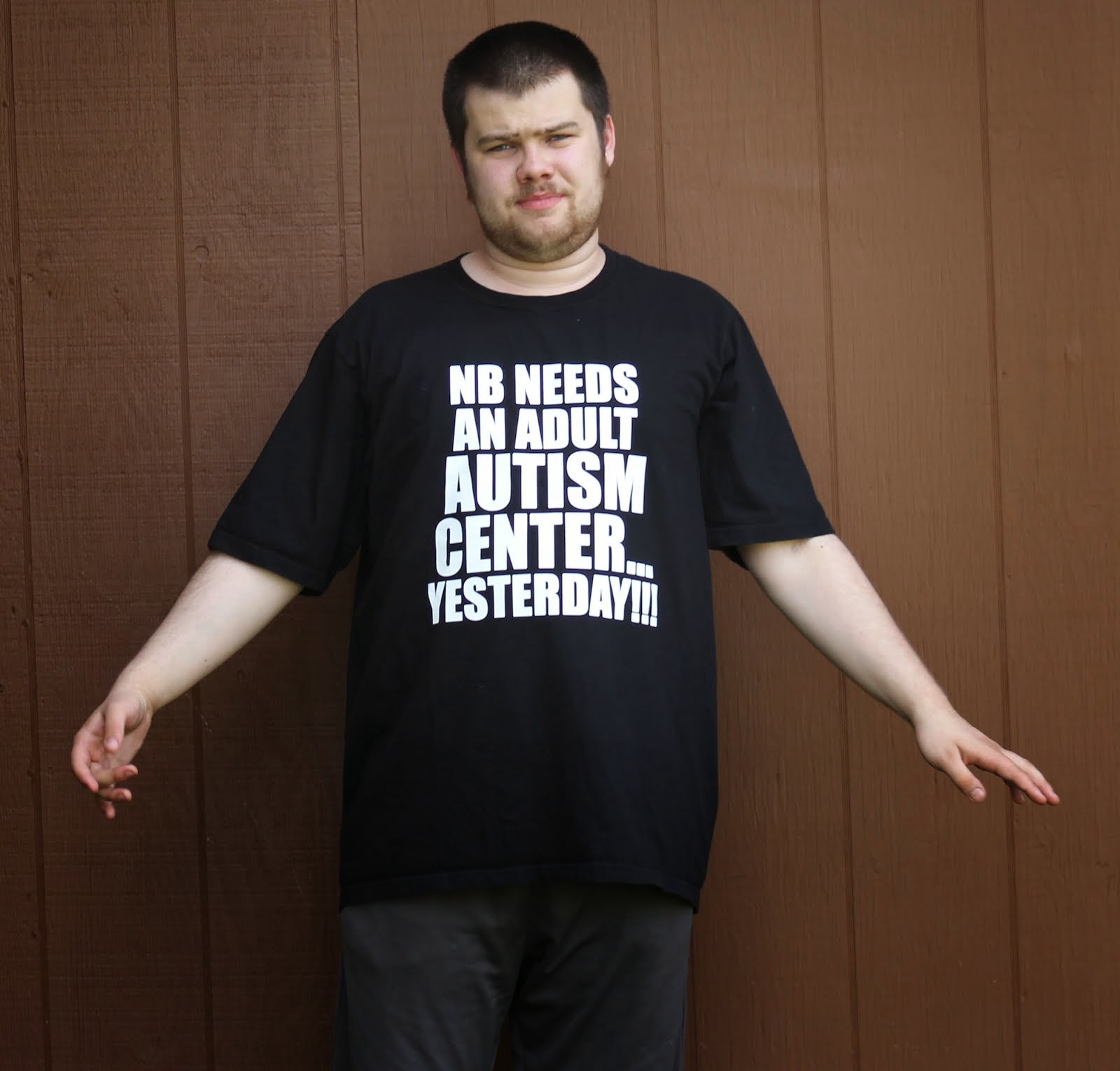 Co Occurrence Of Adhd Autism And Intellectual Disability Findings From A Recent Study
Apr 29, 2025
Co Occurrence Of Adhd Autism And Intellectual Disability Findings From A Recent Study
Apr 29, 2025 -
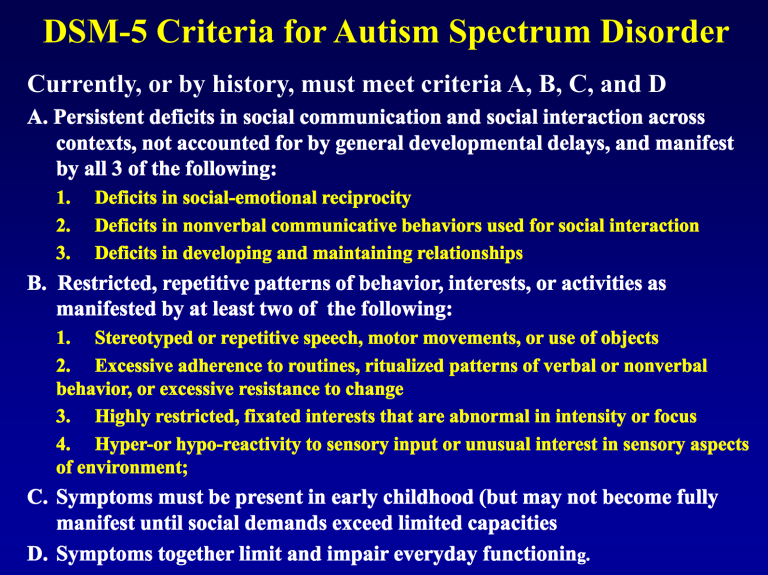 Adult Adhd Increased Prevalence Found In Individuals With Autism And Intellectual Disability
Apr 29, 2025
Adult Adhd Increased Prevalence Found In Individuals With Autism And Intellectual Disability
Apr 29, 2025 -
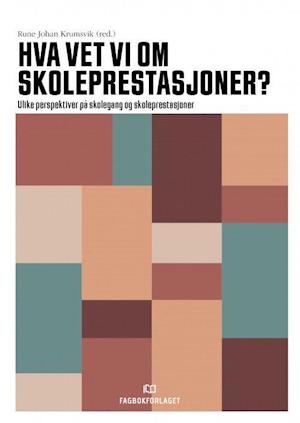 Skoleprestasjoner Og Adhd Medisin Hva Viser Fhi Studien
Apr 29, 2025
Skoleprestasjoner Og Adhd Medisin Hva Viser Fhi Studien
Apr 29, 2025
